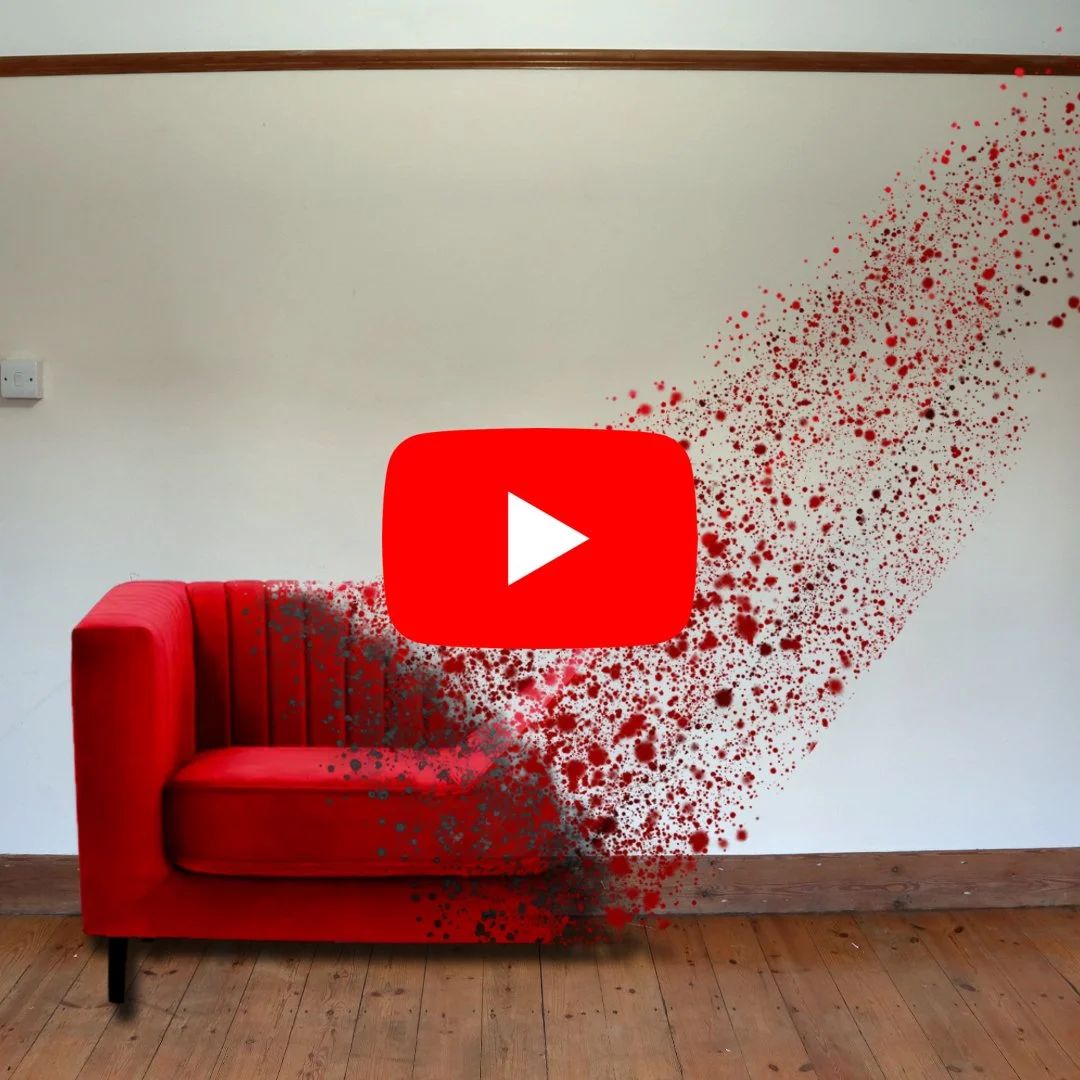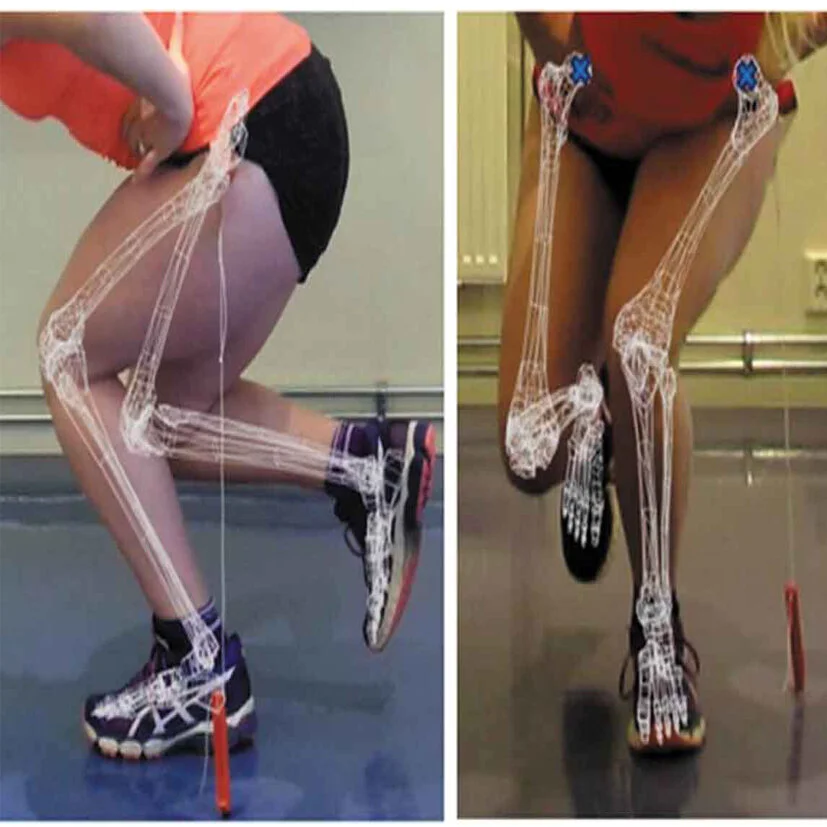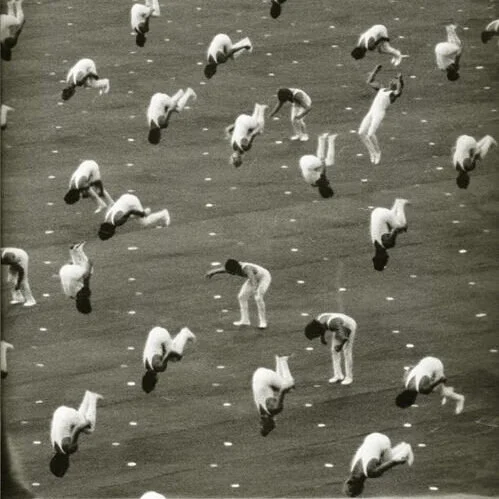Chilli con courage

I've lived long enough to have gone through some difficult experiences in my life and sometimes I've been told I'm brave for the way I've faced and overcome obstacles. I have noticed that though I may have an abundance of mental fortitude, I definitely lack physical courage. When I am faced with the decision to do some scary breaking jumps, rolls and movements, I don't have a lot of inner resources to help me. I am sometimes reminded of the Lion in the Wizard of Oz who asks to be granted courage; as a child I mistook it for chilli con carne and imagined him tucking into a bowl of it.
Is there a difference between bravery and courage? One definition states that :
'bravery is the ability to confront pain, danger or attempts of intimidation without any feeling of fear. . . courage, on the other hand, is the ability to undertake an overwhelming difficulty or pain despite the imminent and unavoidable presence of fear.. . the essence of courage is not the feeling of being certainly capable of overcoming what one is faced with but rather is the wilful choice to fight regardless of the consequences'.
There are many reasons why I lack physical courage; as a girl growing up this quality wasn't emphasised or fostered; it is boys who are defined and define themselves by their physical capabilities. A man can easily prove himself to be courageous by undertaking physical trials without any demand to grow emotionally; emotions are perceived as feminine and physicality as masculine. There are a lot of heroes for boys and men who display the qualities of courage and bravery for them to emulate and draw upon. Fairy-tales and stories for both children and adults reinforce this gender programming and through trials and tribulations the man goes on quests and fights whilst the woman waits for her man to save her, looking beautiful but practically and physically incapable of much.
As I've progressed in my training, I've had some compliments saying how much technique has improved and I don't jump or run like a girl anymore.
I was happy to accept these compliments until I gave it a bit more thought and decided that this reinforces the way men move is somehow the way we as women should aspire to. Even the highest level female parkour athletes don't move like men; they are often slower and have a different gait. Why do we have to strive to replicate men and why do I aspire to move, jump, run just like the boys? Women's participation in sports is lower than men and in extreme sports the gender gap is huge; in parkour the prevailing demographic is still young men.
To develop physical courage first we need to start with the mind; and there are so many obstacles to overcome and many of them are self-created. I think of it sometimes as a form of psychological warfare I engage myself with. Fear is the root of them all and they manifest in so many forms - fear of injury, fear of people watching, fear of judgement, fear of failure. It doesn't matter what it is, it's the same fear planting doubt in my mind. And with doubt this reduces the ability to commit, to be 100% sure of what you're doing, it can make the difference between doing a move and not. I often gave up trying when I didn't succeed immediately and would lament others who became successful in their chosen field, attributing all kinds of advantages to them that I didn't possess, forgetting that persistence in the face of failure is a powerful tool and great things can happen by chipping away slowly, over time.
Dan Edwardes, founder of Parkour Generations, has written has excellent article called 'Undoing the Architecture of Fear' where he talks about how fear is constructed over time.
'The key, I think, it to see any fear-inducing situation as an opportunity to understand one’s own process of fear and thus develop one’s psychological immune system. Strengthening the mind is surprisingly similar to the process of strengthening muscles: regular stimulus against resistance builds resilience and capability. So embrace those stimuli, in this case the causes of our fear, and realise they are your opportunity to delve deeper into your own internal processes and become a better version of yourself in doing so.'
He recommends various techniques to held inoculate oneself against the freeze response, where your body overrides your mind; it instigates inaction making it very difficult to continue and hard to keep focus.
Parkour provides a powerful framework for me to increase and develop my courage in a clear and measurable way. It draws out my weaknesses and reveals them in both a mental and physical way. 'If it doesn't challenge you it won't change you' is a phrase I've seen on social media and it resonates with me; I need push past my comfort zone into known the edge, the unknown place where transformation happens.
- F
“Life shrinks or expands in proportion to one’s courage”
There seems to be a complete terror of peeling back the layers to examine the root causes of issues as well as an accompanying terror that, once examined, the best solution would be a simple one.
Let these experts stand up and be judged by the outcomes of their policies and not just by the amount of papers they publish.
Is climbing a wall the most important movement skill of all? Yes! Maybe. In this video I'll discuss why I think the wall climb is such a useful skill to have.
Trees are boring, so I decided to un-boring them with some clambering and a hand made Christmas tree topper.
Humans, like all creatures of this World, are regulated less by our temperament and more by our environment which constrains and keeps us in check.
This environment has changed considerably thanks, in part, to central heating.
Like the Amish, we must now be intentional with how we design our lives and recognise there is a cost to all new things, a cost that may not be known for decades.
I've lived the last 7 years of my life without furniture. Is it comfortable? Is it good for you? And do people thing you are weird? Yes, but you should probably watch the video for more information.
Athletes are the pinnacle of health and fitness in our modern age. Or are they?
Well...... It's Complicated
Are you normal? Well that just might not be that good for you, lets take a look at how the normalization of the modern world is damaging our health and even our ability to understand the world around us.
I've stopped drinking as much caffeine, except for when I drink more. I've been experimenting and wanted to share my decaffeinated experience.
I've always had a bit of a problem with ergonomics, while some of the ideas put forward by it seem logical on the surface, the unfortunate truth is that even the people that stringently follow the principles of ergonomics end up just as ill and injured as the people that don't.
It’s always satisfying when you come across a term or phrase which encapsulates something in a way that's surprising and yet makes total sense. In modern times, it also helps that concepts are only as long as a Twitter post; the shorter and more succinct the better so our over-stimulated attention spans can grasp it.
Where I somehow manage to link obesity with the end of the British Empire.
It’s important to recognise that we are far from complete in our knowledge and we know very little about the way about how the body actually works - that’s why I really like reading these studies because they run counter to ‘accepted wisdom’ and challenge our prevailing norms.
Unless sedentary habits change, this generation of children could end up with hip fractures in their 40s and 50s instead of their 70s.
Falls in the 40-plus age group have increased 20% from the previous generation, so it seems likely this figure will only increase for the coming generation who’ve spent the majority of their childhood sedentary and with low bone density.
A deep dive into safetyism, its origins and what it means to live in a highly unnatural ‘safety-first’ culture.
Head-loading is impossible to perform correctly without achieving an ideal head and neck alignment. Alongside the development of the relevant stabilising muscles that develop, so too does a particular gait pattern which is a third more efficient than our normal walking gait.
Ideal posture is the position from which the musculoskeletal system functions most efficiently and there is a direct relationship between chronic poor posture and chronic pain.
Wellness banking the newest idea to encourage people to spend responsibly all the while improving their physical health. To benefit from wellness banking you must share more personal data with your bank than ever before and allow it to track your movement, exercise routine and diet; the more you’re willing to share, the more rewards you’ll receive.
‘The healthier you get, the more we’re able to offer you. It’s a virtuous circle that’s good for you, good for us, and good for society.’
Tend your inner fire this March by joining Billy at this free online summit.
You’ll learn about natural movement and how to embody your natural masculine (if you don’t do this already).
I cannot guarantee you will leave the summit a better person, but you might.
Modern life has come to resemble that of the adult sea squirt; thinking is prioritised, movement is downgraded and human experience can be experienced entirely though a screen. In this year-long experiment of inactivity and inertia (cheerily marketed as ‘lockdown’), will we pay the price for neglecting a fundamental part of our nature?
The Royal Society for Public Health has called for the introduction of ‘activity equivalent’ calorie labelling and have suggested packaging containing information on how much physical activity it takes to burn off the calories. Many of the public health interventions are focused on the individual taking full responsibility for their health, however it must be noted that the environment around us has a huge impact on the decisions we make.
Healthwashing harnesses dubious claims such as ‘natural’ or ‘clean’ and turns them into extremely powerful marketing terms, selling you a lifestyle or a vision of who you could be if you bought their products. The words chosen are deliberately misleading and even meaningless, used because they are unregulated - it’s worth remembering that the front of a product’s packaging is pure marketing only.
Never have we had so much data and information about our health. Our wearable devices tell us all kinds of information about ourselves we could only dream of knowing in the pre-smartphone stone age. We measure our heart rate and track our steps - but does any of this information translate to changing our behaviour?
Falls aren’t something that ‘just happen’ because you’re getting older and they’re not ‘inevitable’; they are preventable. With the fall rate in the 40-plus age group up by as much as 20% on the previous generation, researchers speculate it could be due to our increasingly sedentary lifestyles making us less steady on our feet and poor nutrition throughout our life.
Can we stay as sharp as a pin mentally if we never go outside, move around and keep our body in good shape? Likewise, if we focus entirely on what we look like, to the detriment of cultivating our mind, are we in balance? Movement is a key factor to maintain both the mind and body in a healthy state.
There are various stages of learning we go through in order to acquire new skills - we all start at the very beginning and over time, develop the skills and techniques needed. This model is a guide through the learning process, highlighting why obstacles exist and what the best ways to overcome challenges are each stage of the way.
Walking involves smooth advancement of the body through space with the least mechanical and physiological energy expenditure. If any part of the system is compromised then the body will rely on increasing energy costs to manage this.
I am delusional and gripped by mass hysteria.
This is a sentence no-one is likely to think about themselves; madness resides in others and not ourselves. As humans we have a terrifying capacity to justify ourselves and dig in deeper when our beliefs are questioned.
What are the factors behind this that compel us to follow others and are there consequences to our health if we stand out from the crowd?
We have grown to expect medicalised solutions to ageing be they through pills, surgery or new scientific breakthroughs which promise to confer health, longevity or even eliminate death altogether. Aubrey de Grey, cofounder of the SENS Research Foundation, proclaims the first human being to live to the age of 1,000 has already been born. If ageing is seen as a disease, it reframes it into a treatable condition, facilitating therapeutic interventions and preventative strategies.
We’ve come to use ‘exercise’ and ‘physical activity’ interchangeably but they aren't the same thing and, if you read the small print whenever the Government or the NHS is imploring you to get fit, rarely do they mention exercise alone; they often say you need more physical activity. This distinction is really important to grasp; the guidelines aren’t prescribing exercise; they’re saying you need to move your body more.





























What are the most common misconceptions about furniture free? Well these are my top three!